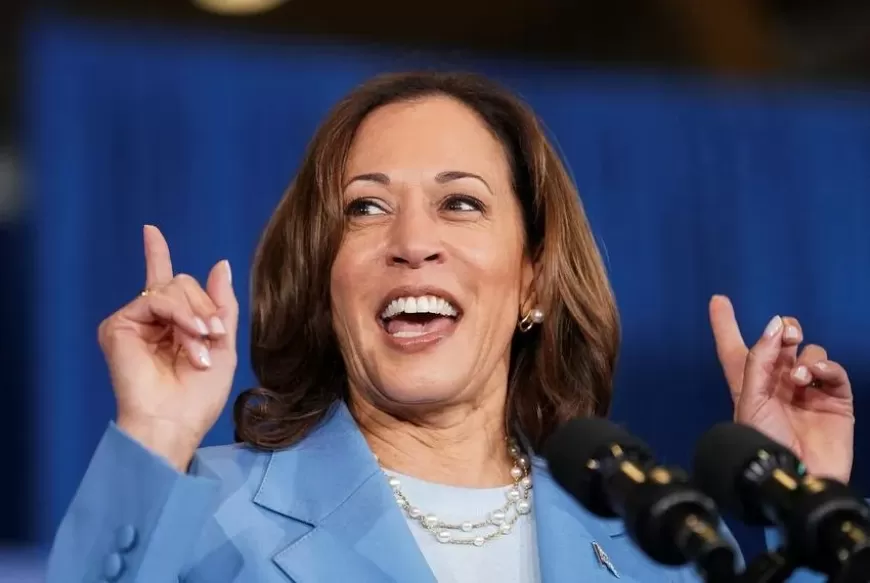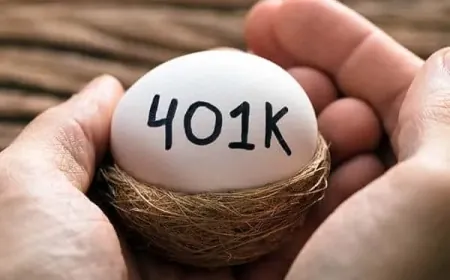Kamala Harris New Economic Plans Could Affect America's $35 Trillion National Debt
Kamala Harris's new economic plans aim to lower living costs but could add to the $35 trillion U.S. national debt. Learn how her ideas may affect the economy

Kamala Harris is rolling out new plans aimed at helping Americans with rising costs of living. These plans focus on housing, wages, and grocery prices, but they could also have a big effect on the national debt, which has now hit $35 trillion.
What’s in Kamala Harris’s New Plans?
Harris has introduced three main proposals that are designed to help lower living costs:
-
Cost of Living Plan: This includes a $25,000 credit for first-time homebuyers and a federal ban on price gouging for groceries. The idea is to help people afford basic needs like housing and food.
-
Exempting Tips from Taxes: Harris wants to stop taxing tips, allowing workers to keep more of their earnings.
-
Raising the Minimum Wage: She plans to increase the federal minimum wage, though the exact amount hasn't been finalized.
Experts from the Committee for a Responsible Federal Budget (CRFB) estimate that these ideas could add $1.7 trillion to the national debt over the next 10 years. The biggest expense would be a $1.2 trillion expansion of the child tax credit, while cutting prescription drug prices could save the government around $250 billion.
How Will Harris Pay for These Plans?
To cover some of the costs, Harris wants to raise the corporate tax rate from 21% to 28%. This would target large businesses and could bring in around $1 trillion over the next decade. This idea is similar to what President Joe Biden has previously suggested, though former President Donald Trump has expressed interest in lowering corporate taxes instead.
Long-Term Financial Impact
Harris’s campaign also supports several other tax increases, mostly aimed at the richest Americans. One proposal would increase the top tax rate from 37% to 39.6%, while another would place a 25% tax on billionaires' unrealized profits (money they haven’t actually received but is increasing in value). These tax ideas could raise up to $4 trillion over the next decade but are likely to face opposition from Republicans.
Another challenge on the horizon is the expiration of the 2017 Trump-era tax cuts, which are set to expire at the end of 2025. Harris has promised not to raise taxes on anyone earning less than $400,000 a year but hasn’t said exactly how she’ll handle the expiration of these cuts. Extending them could add another $3 trillion to the national debt.
Harris’s Response and Future Plans
When asked about how she would pay for her ideas, Harris has emphasized that helping people own homes and building stronger communities would eventually pay off for the country. While specific details on how everything will be funded are still unclear, she’s promised to share more in the coming weeks.
In the end, Harris's economic plans aim to help Americans with their everyday expenses, but they could also increase the national debt. As the 2024 election approaches, voters will be paying close attention to how these plans will impact the country's financial future.
Also Read: Donald Trump Nears Decision to Sell Trump Media Shares as Lockup Period Ends































































